Combined type ADHD includes symptoms of the first two subsets, such as being easily distracted, impatient, or forgetful. CBD may help with ADHD in treating the symptoms by three ways: reducing anxiety, reducing stress, and reducing feelings of depression. More research needs to be conducted pertaining to the effectiveness of CBD in treating ADHD.
Over eight percent of children and around three percent of adults have been diagnosed with attention-deficit/hyperactivity disorder, more commonly referred to as ADHD. These numbers make ADHD among the most common mental health disorders.
Still, its commonality doesn’t always make treatment easy. Common treatments like stimulants can have severe side effects or take several dosage adjustments before becoming effective. Behavioral therapy is also typically offered as treatment, as well, to help create structure and provide strategies for handling the symptoms.
Because of its relative success in treating depression and anxiety, two common symptoms of ADHD, CBD is increasingly used to help manage ADHD symptoms. To better examine why, we’ll explore the symptoms of ADHD, its causes, and the benefits that CBD can provide.
When diagnosing ADHD, clinicians will often include one of three subsets that better describe the specific type of ADHD a person may have. These subsets are inattentive type, hyperactive/impulsive type, and combined type. Combined type, per its name, includes the symptoms of the first two:
Usually, it takes at least five or six of these symptoms to be apparent for a diagnosis to be made. Further, these symptoms should not be considered if the person demonstrating them is doing so in a defiant manner or cannot understand the stated tasks.
When a family member is diagnosed, one of the first questions the family asks is “Can ADHD be a genetic disorder?” The answer is yes. Evidence exists that genetics are a component of ADHD. However, other potential sources include issues during fetal development and brain injury.
There are three main ways CBD oil may help reduce the symptoms of ADHD:
More tests need to be conducted on CBD to determine its effectiveness in treating ADHD. However, the current research demonstrates the potential of CBD. If you or a family member is showing the symptoms of ADHD, please discuss the issue with your doctor. They are best equipped to diagnose the cause of the symptoms. A doctor can also explore with you the best treatment options specific to your needs.
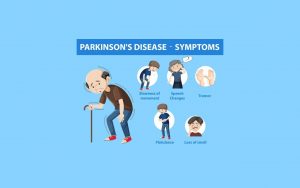
Parkinson’s disease is a degenerative neurological disease that primarily impacts movement. Parkinson’s symptoms include tremors, muscle rigidity, slowing of movement, impaired balance, changes to speech...
Read More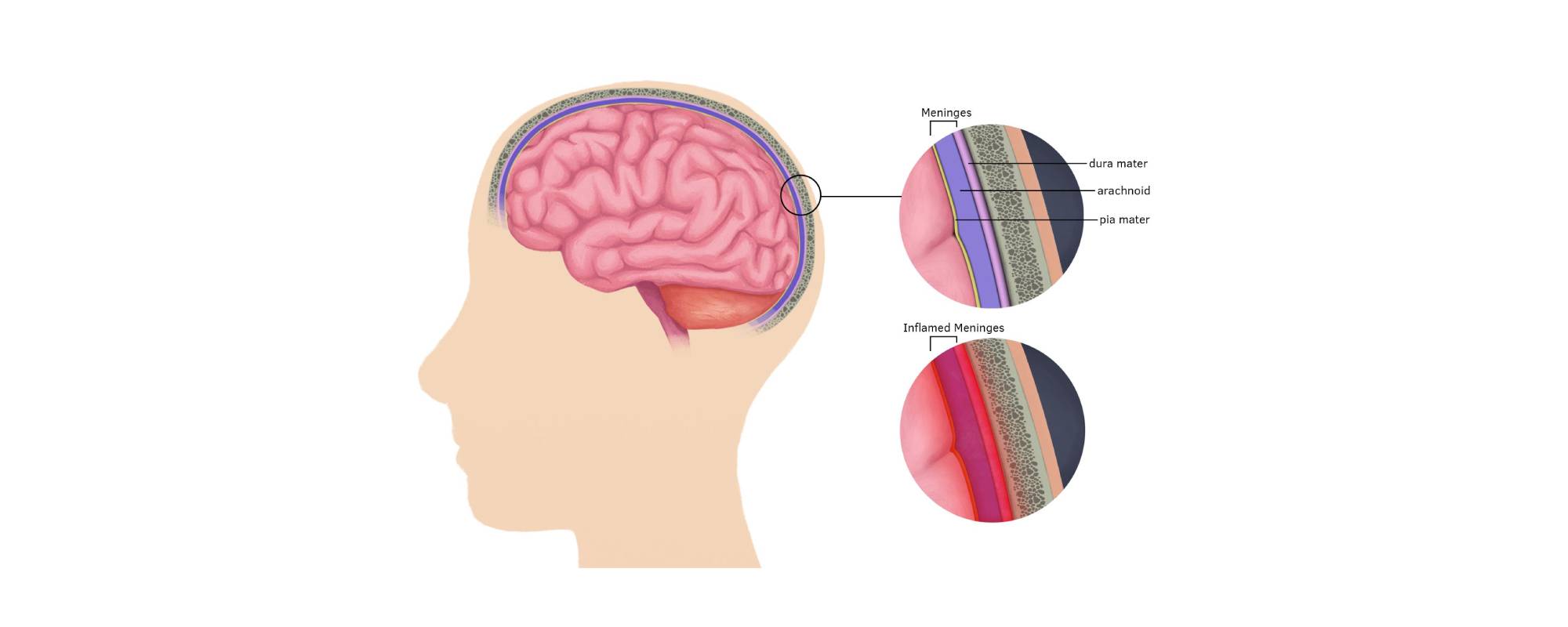
Meningitis is the term used to describe the inflammation of the fluid surrounding the brain and spinal cord and the meninges, or the membranes, that...
Read More
Some researchers are starting to explore what the impacts on atypical depression are. Understanding the current state of research could help you to make better...
Read More
Depressive psychosis is a mood disorder that is very serious and should never be taken lightly. In most cases, it requires immediate hospitalization to protect...
Read More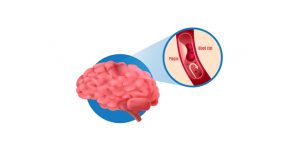
Recent research focuses on CBD oil and dementia. While there is little evidence that shows CBD helps with Alzheimer's, it may help with vascular dementia.
Read More
CBD manages the symptoms of PHIT ADHD through the endocannabinoid system by acting as an anti-depressant and helping to reduce impulsivity and hyperactivity
Read More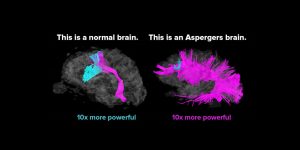
Can CBD oil be used to help treat people with Asperger Syndrome? Smart CBD Hub explores the research and potential benefits for Asperger’s patients.
Read More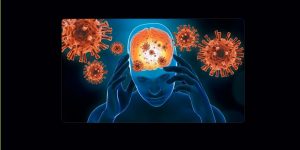
Encephalitis is severe swelling of the brain. Research supports the use of CBD for brain inflammation and swelling and to control immune response.
Read More
As ADHD is increasingly diagnosed in adults and children, many people are turning to CBD oil for ADD/ADHD symptom management and as a replacement for...
Read More